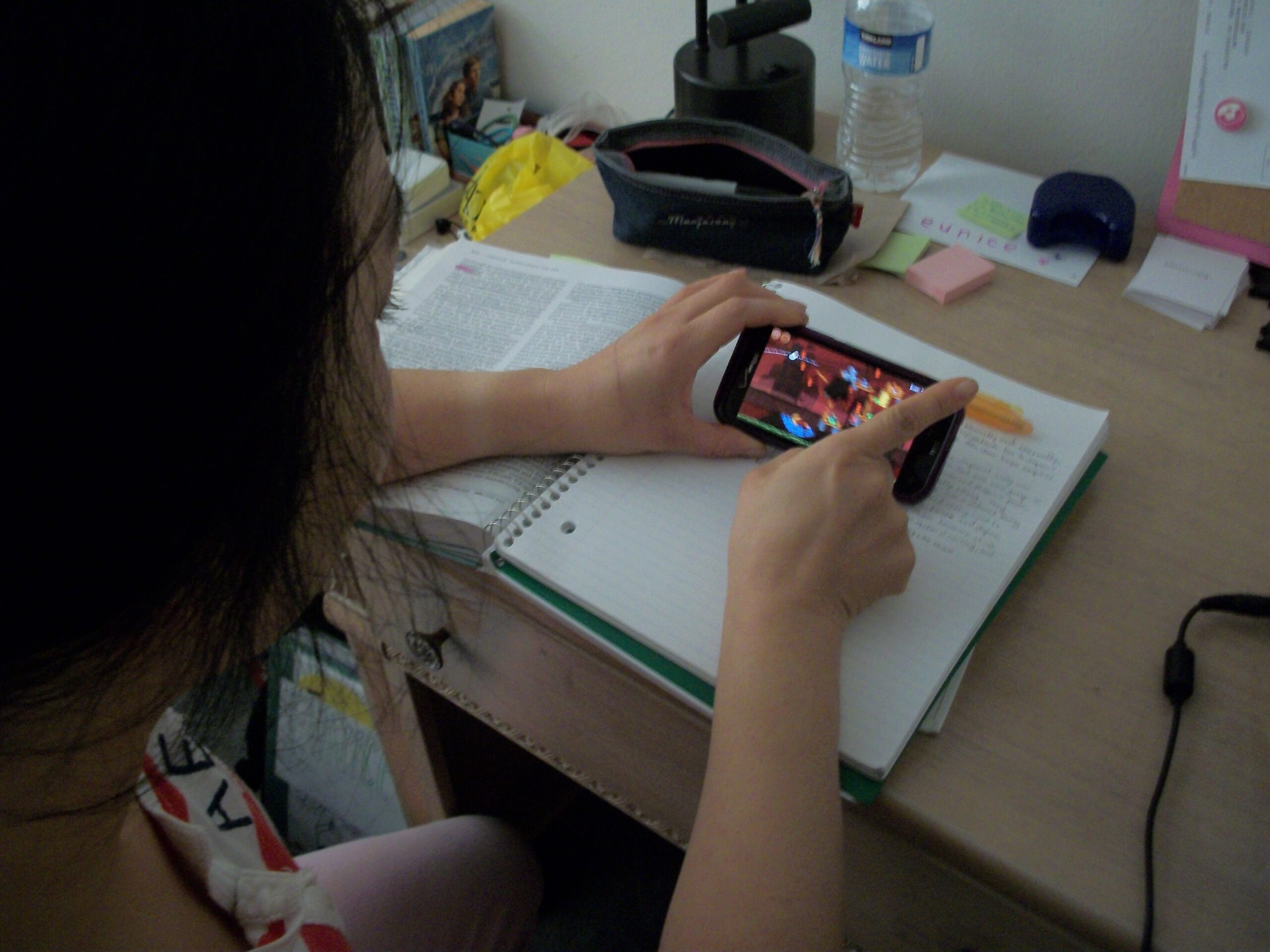 Recent studies show that there are 91.4 million smartphones in the United States. Analysts expect more than 50% of teen cell phone users to be carrying smartphones by the middle of this year. Among teenage smartphone users, the most popular activity is texting, followed by playing games and internet browsing. Gone are the days when the phone was used to function simply as a phone.
Recent studies show that there are 91.4 million smartphones in the United States. Analysts expect more than 50% of teen cell phone users to be carrying smartphones by the middle of this year. Among teenage smartphone users, the most popular activity is texting, followed by playing games and internet browsing. Gone are the days when the phone was used to function simply as a phone.
Cell phone companies are marketing smartphones specifically targeted at teenagers, crazy about text messaging and connecting via social networks. The HTC Status comes equipped with a Facebook dedicated button and the Apple’s current operating system, iOS5, runs iMessage, which is comparable to Blackberry’s Messenger service.
“I want a smartphone so much. But the only thing I would probably do on it is play games and go on Facebook. I already do that on my laptop, so I guess it isn’t really necessary,” said Michael Choi, a Beckman High sophomore. “If I was a businessman or some professional, I would have a lot more use for a smartphone. But I’m just a student.”
Smartphone apps, web-based applications used on smartphones, can be quite useful to students of all ages. There are education apps available for students to aid in their research, memorization, and productivity. The app industry is quickly developing and expanding in the academic world, even coming up with some app-based textbooks. “I want a smartphone because it makes everything so convenient,” said Tiffany Liu, a Beckman High sophomore. “Having a smartphone in hand makes the learning process more efficient. If I have a question about something in my textbook or homework assignment, I can use Google to research it, start a group chat to discuss the topic with my classmates, or even email my teacher directly, all within seconds. No time wasted.”
Not everyone agrees – especially the ones who may be responsible for paying the smartphone bill. Parents are often hesitant about handing their teenagers a device that could potentially be distracting to studies and even detrimental to grades. One Beckman student’s mother said, “I would not want to give a smartphone to my child. While studying, students can be tempted to constantly check their phones for all kinds of notifications. All the material they need to know is right in their textbooks anyway.”
However teenage students and their parents may feel about the smartphone, the fact that its popularity and use is growing swiftly is undeniable. It has become yet another inevitable part of technology that we can either embrace and take advantage of or get left behind avoiding.

